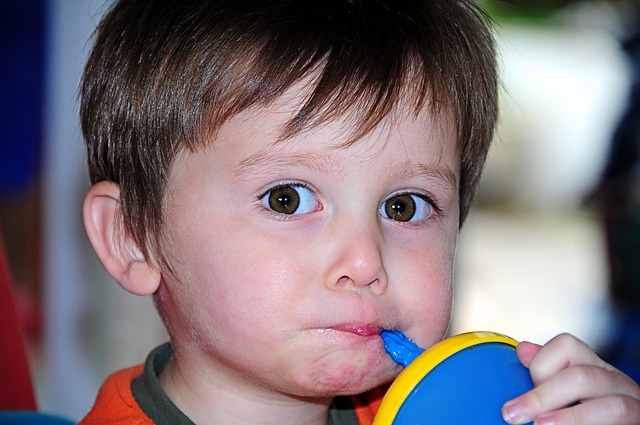
Climate Change a Major Health Threat to Children, Doctors Warn
Climate change poses a rising global public health and safety threat, and children are particularly vulnerable, the American Academy of Pediatrics says in a new policy statement.
The group is urging pediatricians and politicians to work together to solve the crisis and protect children from the immediate and long-term health consequences of climate change.
"There is nothing more important than protecting the health, welfare and future for our children and grandchildren," the statement's lead author, Dr. Samantha Ahdoot, an assistant professor of pediatrics at Virginia Commonwealth School of Medicine and member of the AAP's Council on Environmental Health Executive Committee, told CBS News.
October 26, 2015 | Source: CBS News | by Ashley Welch
Climate change poses a rising global public health and safety threat, and children are particularly vulnerable, the American Academy of Pediatrics says in a new policy statement.
The group is urging pediatricians and politicians to work together to solve the crisis and protect children from the immediate and long-term health consequences of climate change.
“There is nothing more important than protecting the health, welfare and future for our children and grandchildren,” the statement’s lead author, Dr. Samantha Ahdoot, an assistant professor of pediatrics at Virginia Commonwealth School of Medicine and member of the AAP’s Council on Environmental Health Executive Committee, told CBS News. “Climate change is about the world in which our children are living today and in which they will be raising their own families. Their future is at stake, yet they do not vote and they have no voice in the debate. We have a moral obligation to act on their behalf.”
The AAP’s policy statement breaks down the health consequences of climate change into direct and indirect effects.
Storms and heat waves
Direct effects include those that result from extreme weather events, including severe storms, floods and wildfires that scientists say are occurring more frequently and on a larger scale because of climate change. “Children’s unique needs place them at risk of injury, death, loss of or separation from caregivers and mental health consequences due to severe weather events,” Ahdoot said.
For example, the report points out that after Hurricane Katrina, more than 5,000 children were separated from their families and it took six months to reunite the last missing child with her family. Between 200,000 and 300,000 children were evacuated and relocated as a result of the storm, temporarily or permanently, taking a toll on their academic performance, behavior and mental health.
In addition, as heat waves have become more frequent and prolonged in many regions in recent years, heat-related illnesses and deaths among children have also risen. The report points out that infants and high school athletes are especially vulnerable.
In fact, one study projects that heat-related deaths among infants will increase by 5.5 percent in females and 7.8 percent in males by the end of this century. And research has found heat-related illness is a leading cause of death and disability in high school athletes, with a national estimate of 9,237 cases annually.
